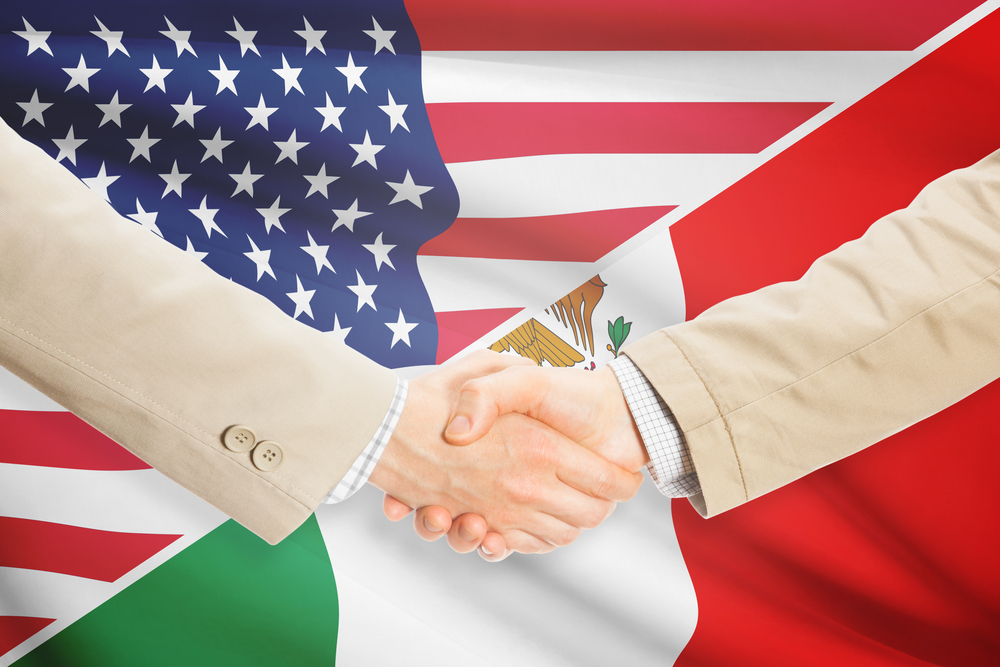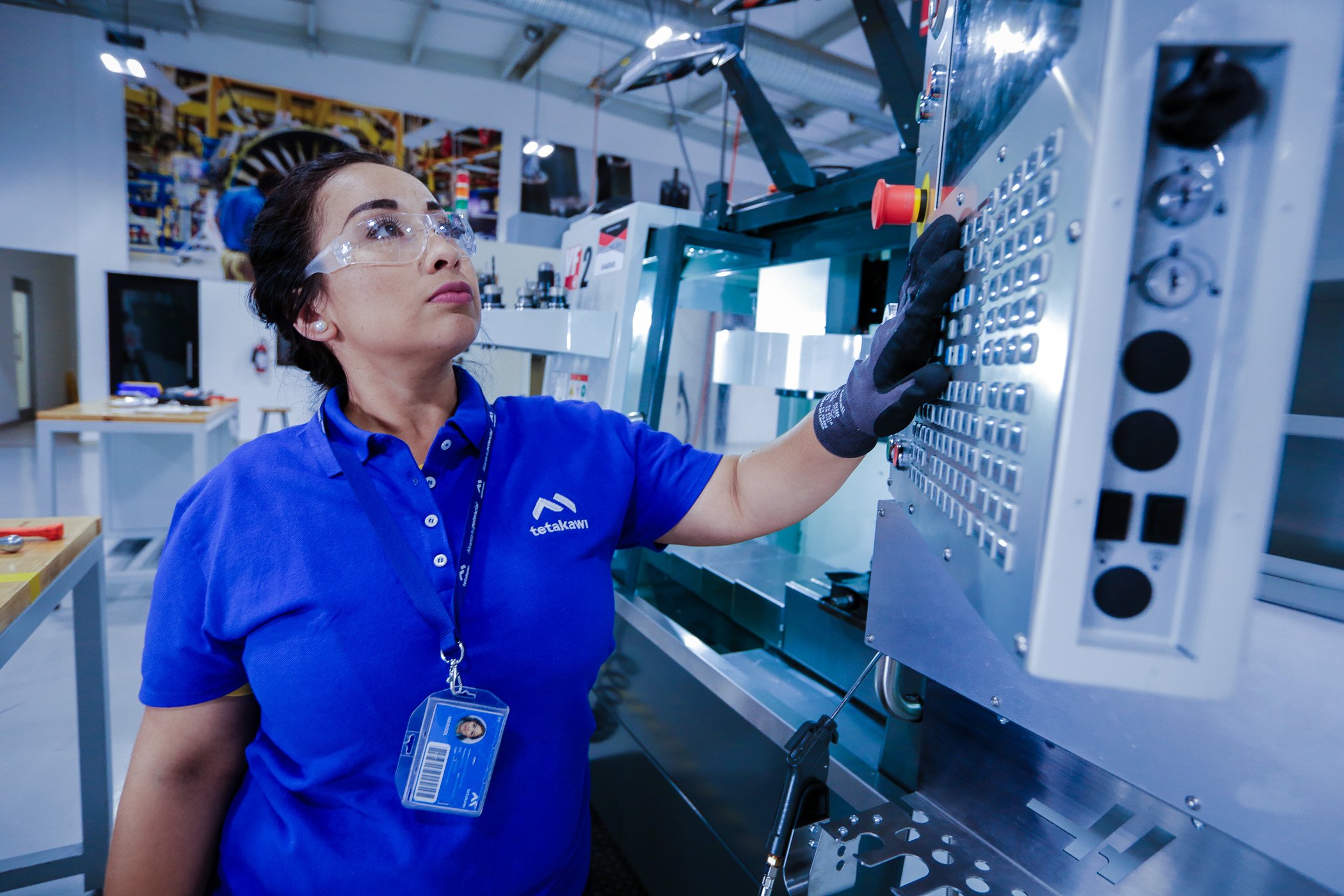Recent projections from Deloitte and the Manufacturing Institute point to a growing shortage of skilled labor in the U.S., with the need for manufacturing jobs predicted at 3.5 million over the next decade. Of those domestic manufacturing jobs, 2 million are likely to remain unfilled. The data were published an analytical report titled "Public perception of the manufacturing industry: U.S. opinions on manufacturing."
 Expanding manufacturing operations to Mexico could help American companies address a shortage of skilled labor in the U.S.
Expanding manufacturing operations to Mexico could help American companies address a shortage of skilled labor in the U.S.
Exacerbating the shortage is the fact that baby boomers are retiring and millennials aren't preparing for industrial jobs, said the CPA Practice Advisor. In spite of largely supporting the growth of manufacturing careers, most Americans don't want industrial jobs - a cultural outlook that's difficult for domestic manufacturing businesses to navigate.
A cost-effective move
Expansion of Mexico's manufacturing sector shows no signs of slowing, promising a viable workforce for American companies. Business executives might take pause at the expense of moving operations across the border, even with the lowered labor costs. Enlisting the help of a shelter company can mitigate that risk, allowing American manufacturers access to cost-efficient labor and the ability to compete in the domestic market.
"Expansion of Mexico's manufacturing sector shows no signs of slowing."
One answer to the U.S. labor shortage lies in expanding to Mexico, where manufacturing industry is healthy and growing, reported intelligence firm Stratfor. A seasoned, skilled labor force manufactures everything from aeronautical equipment to medical devices. NAFTA has kept labor costs far more competitive in Mexico than in China, at nearly 20 percent lower. In addition, fuel costs are lower because of Mexico's proximity to the U.S.
Managing risk
Such a strategy eliminates the need for a business to build its own infrastructure, while maintaining full control of production. Instead of acting as a third party, a shelter company recruits and trains labor, while taking care of infrastructure, so industry can begin immediately. This model also allows American companies to invest in short-term projects, in order to further reduce risk.
The Deloitte survey found that most business executives spend more than ninety days recruiting highly skilled labor. In addition, 70 percent of industry leaders believe the technical skills of their labor force are not up to par, and almost as many identified a lack of basic electrical proficiency. These results underscore a need for training and development, both of which can be costly, time-consuming endeavors for a business. Partnering with a shelter company can relieve this effort.
Taking care of the labor force
Beyond the questions of financing and risk, executives might have another lingering question about moving operations to Mexico: How will such a set up ensure the wellbeing of the labor community? In addition to risk reduction and financial management, shelter companies also provide a functional human resources system, offering such services as transportation coordination and conflict resolution. The Offshore Group's expert legal team ensures compliance with all Mexican labor laws, and even meets with union leaders in an effort to draw fair contracts.
Such a pragmatic system builds jobs while increasing profits, creating a win-win situation.
Subscribe
Sign up and stay informed with tips, updates, and best practices for manufacturing in Mexico.





